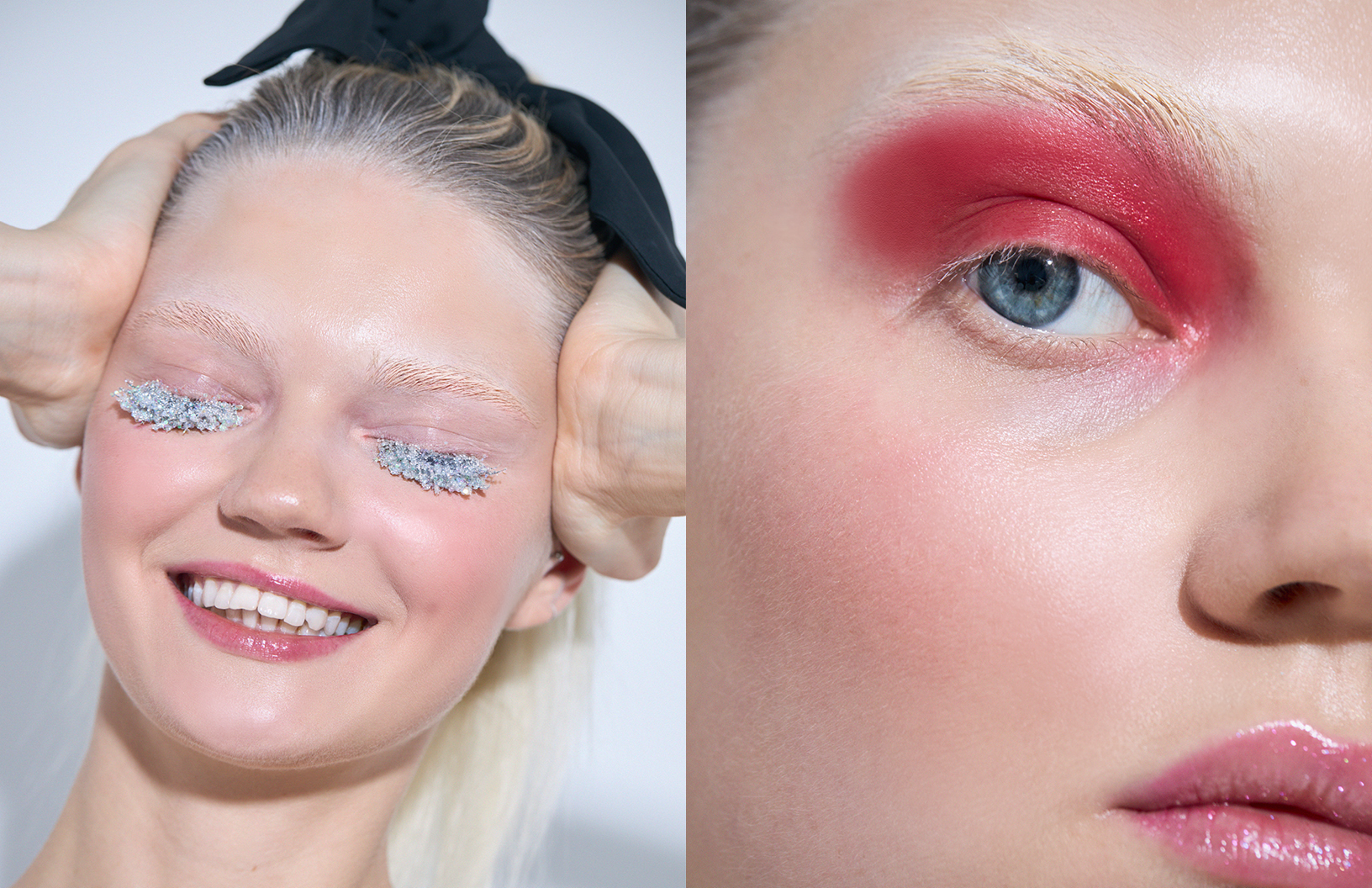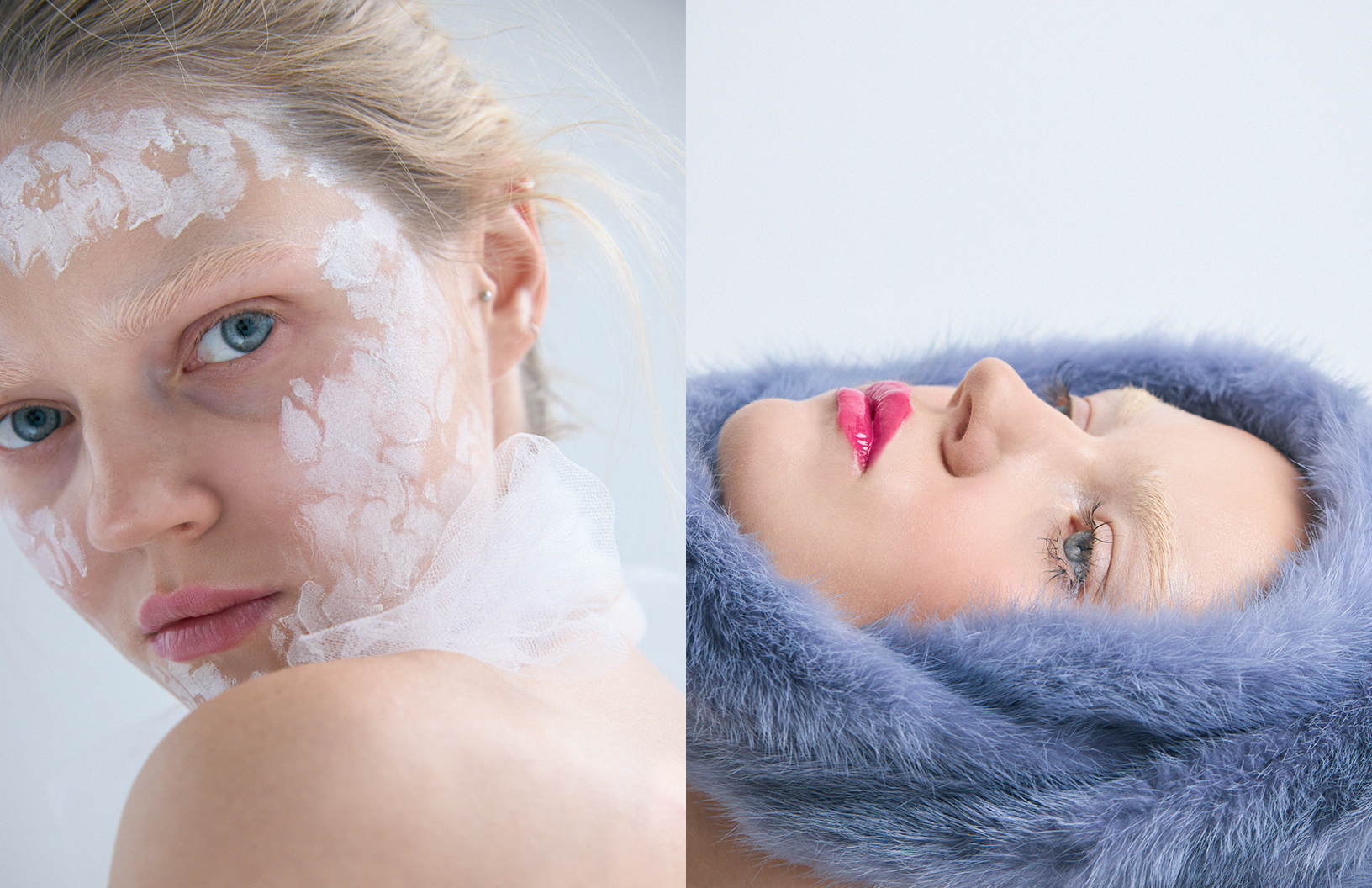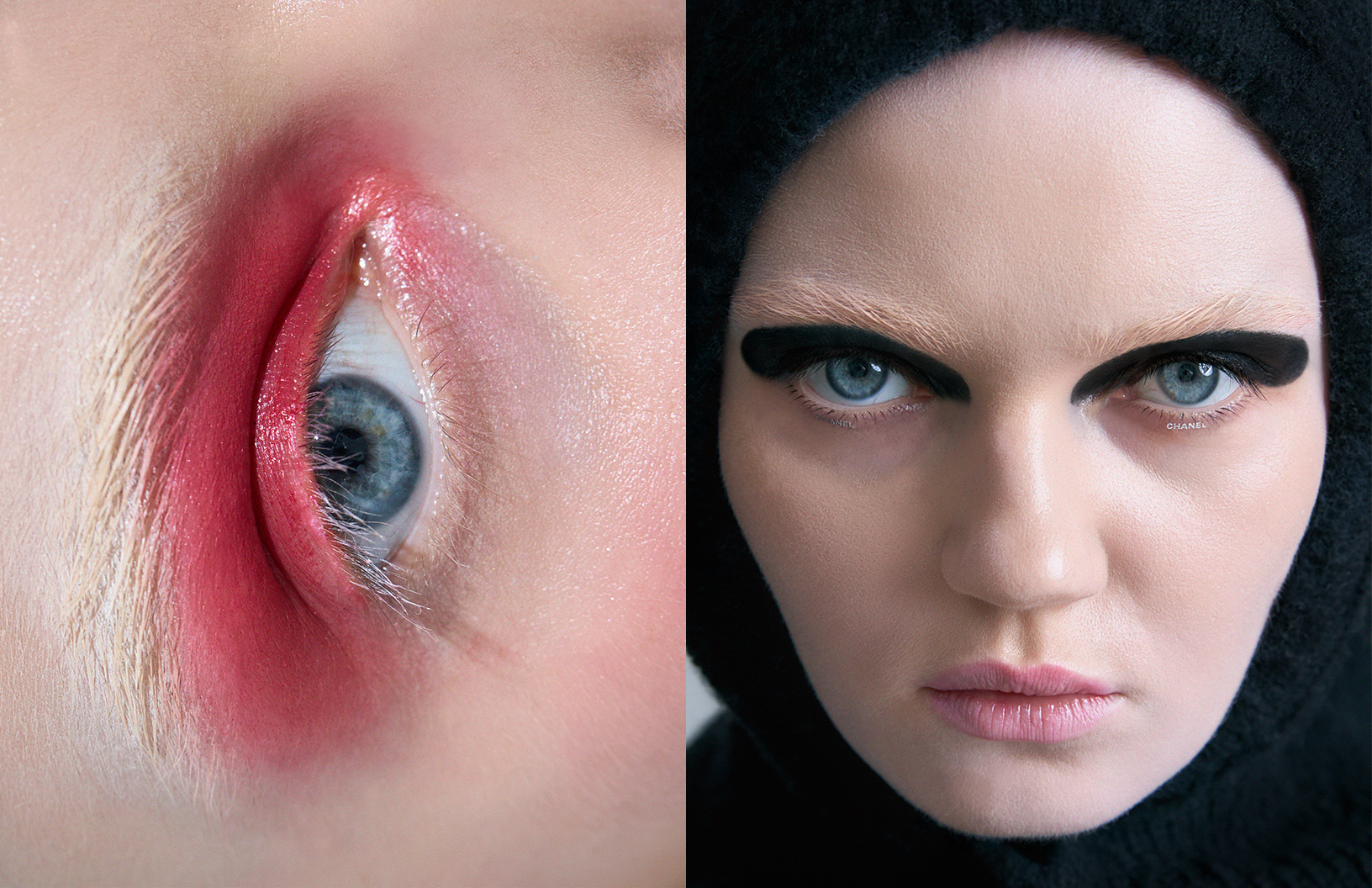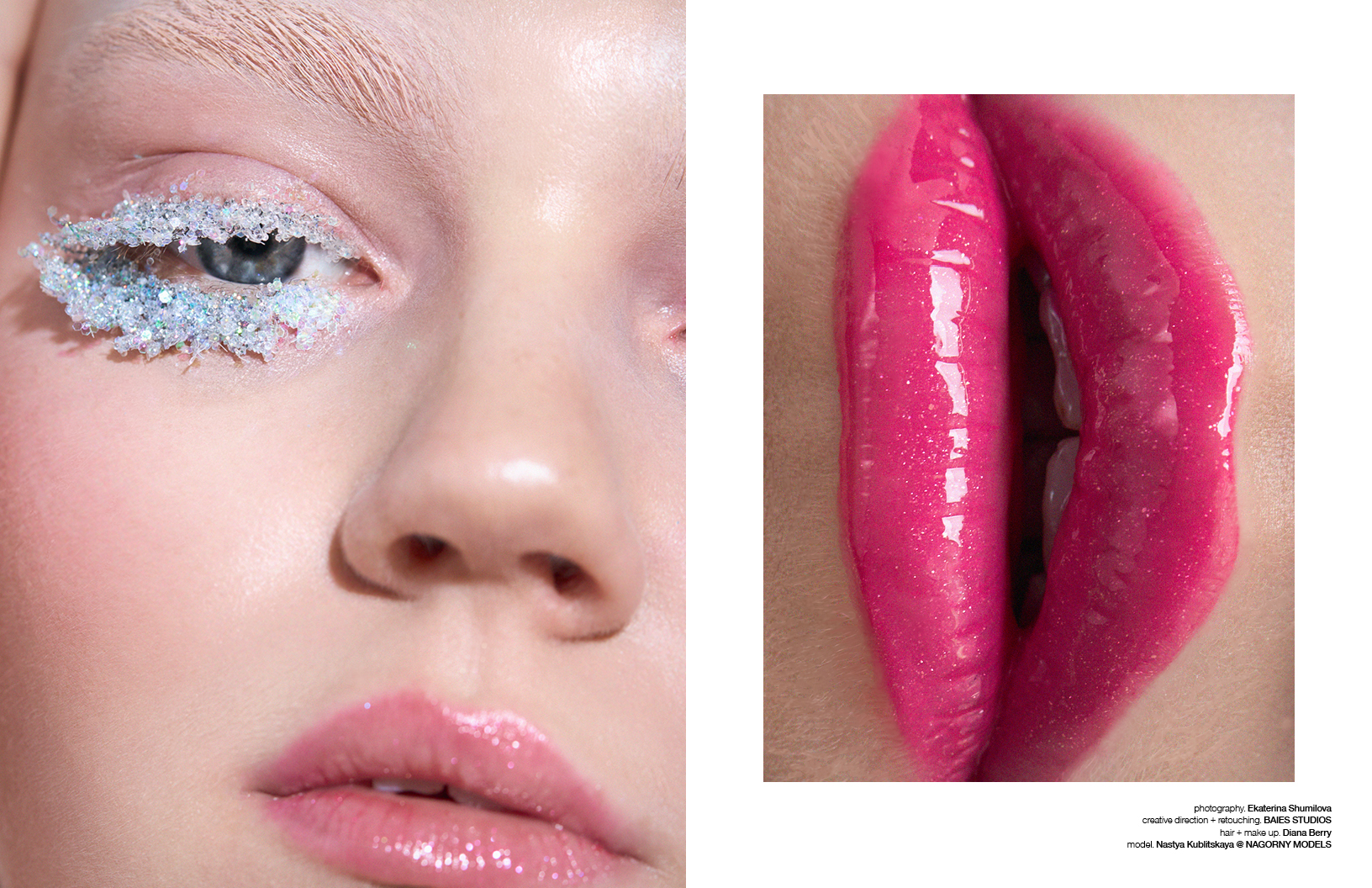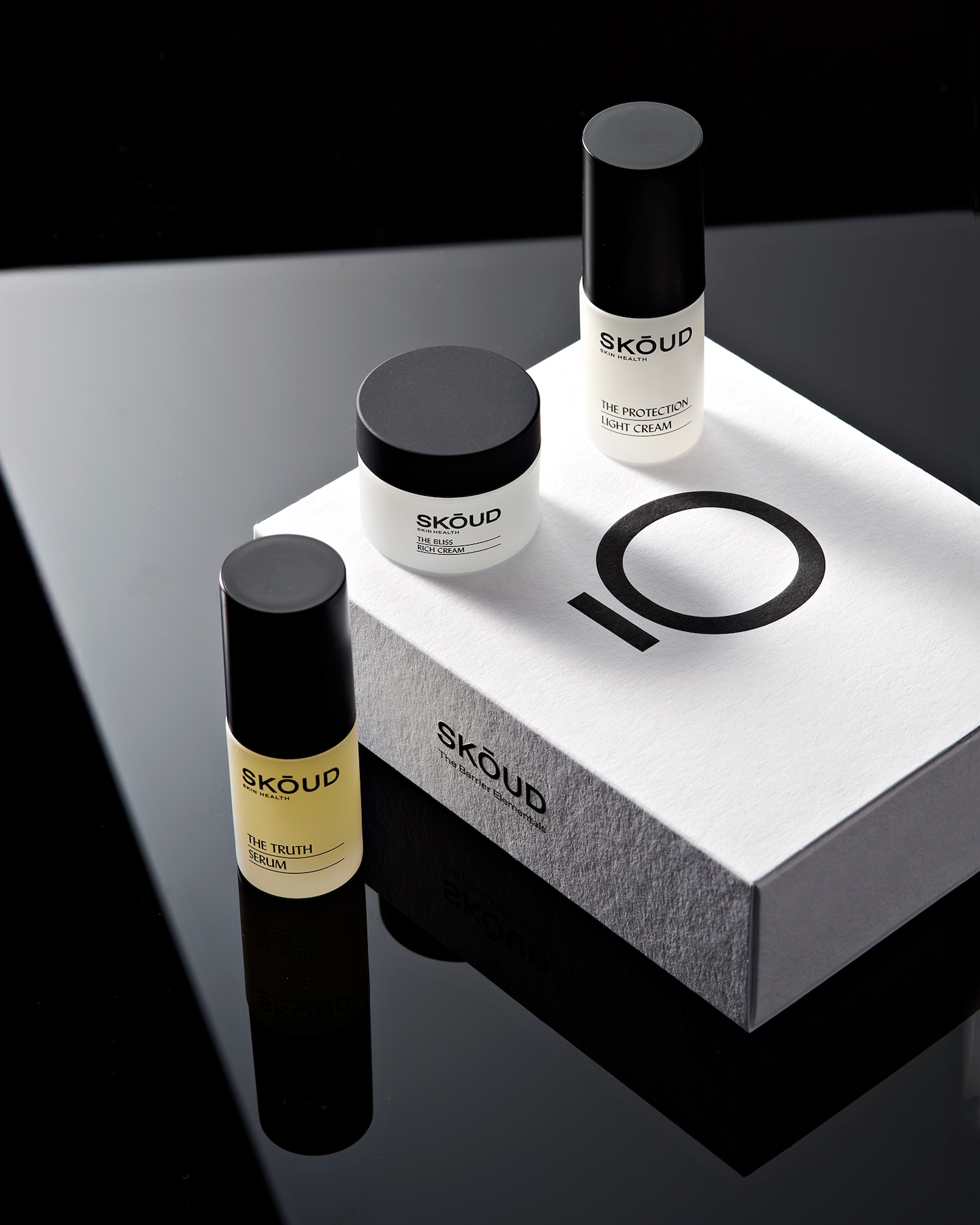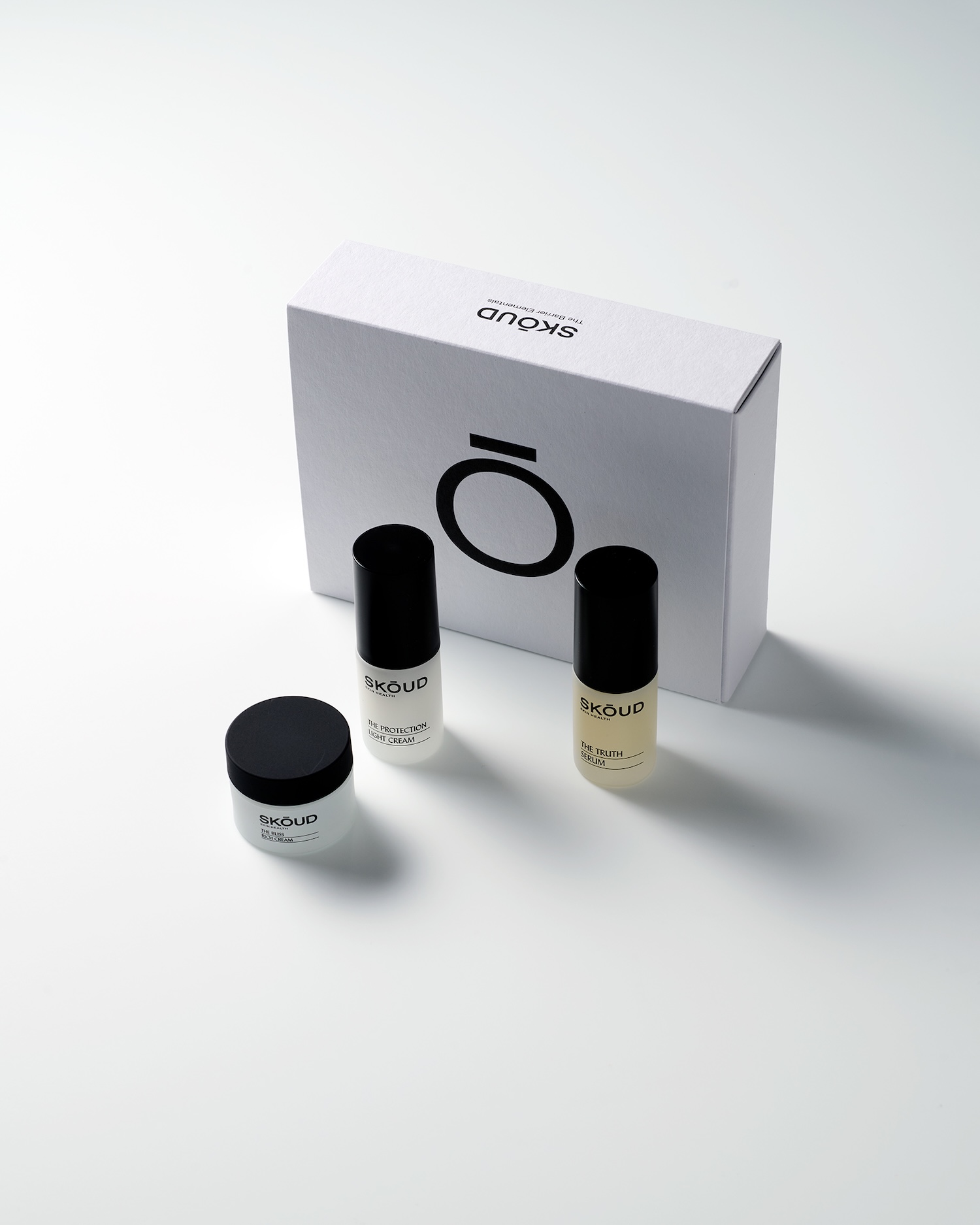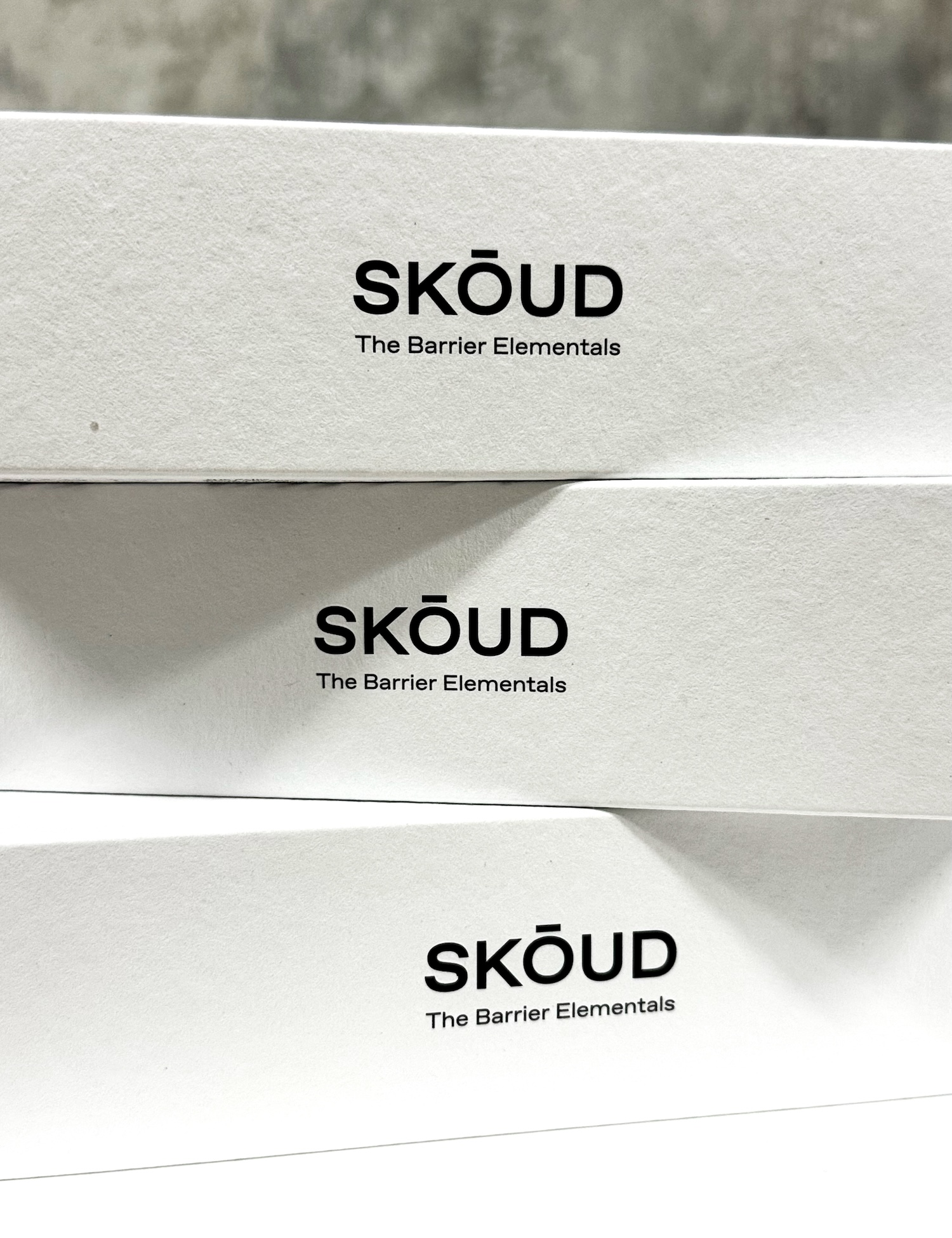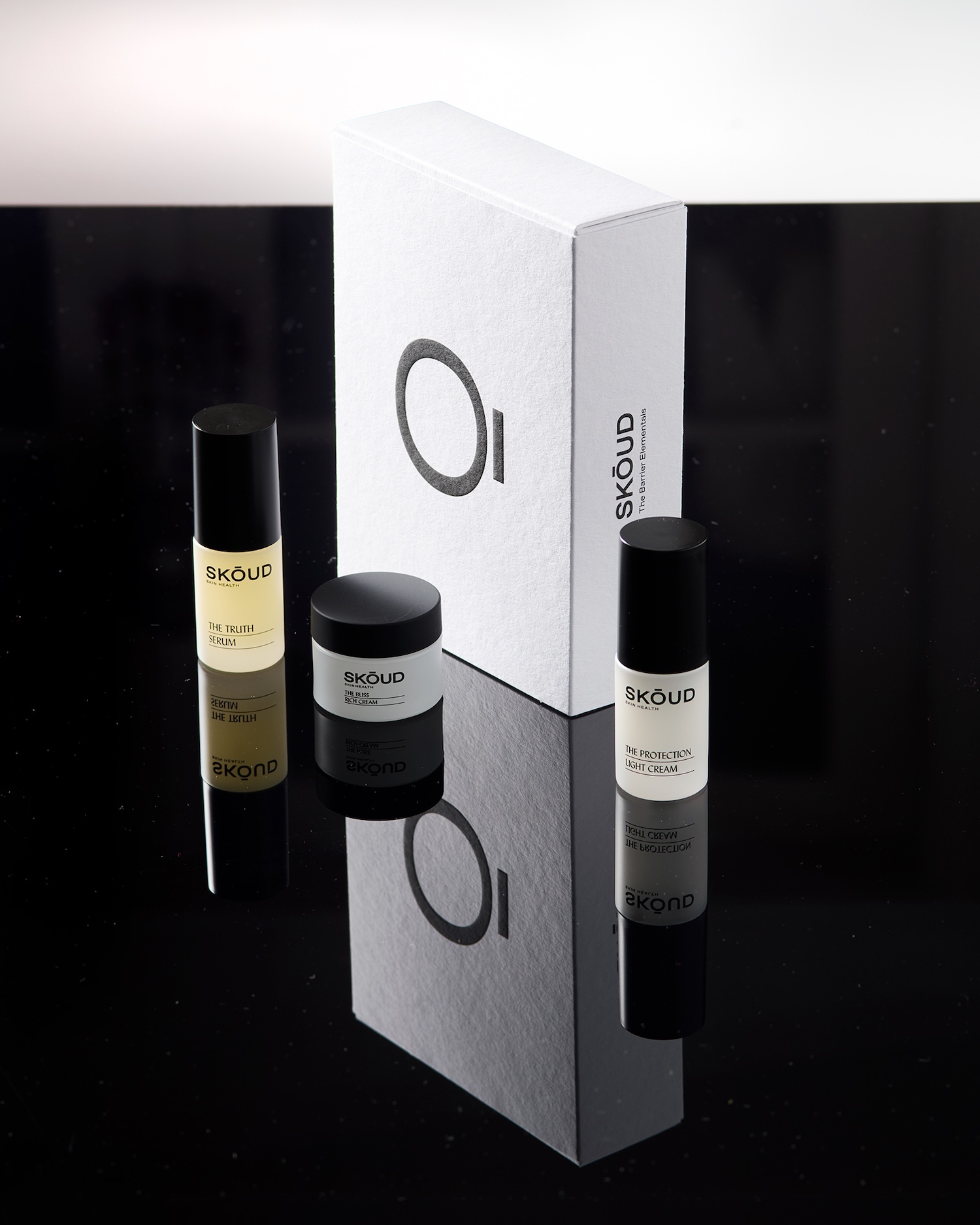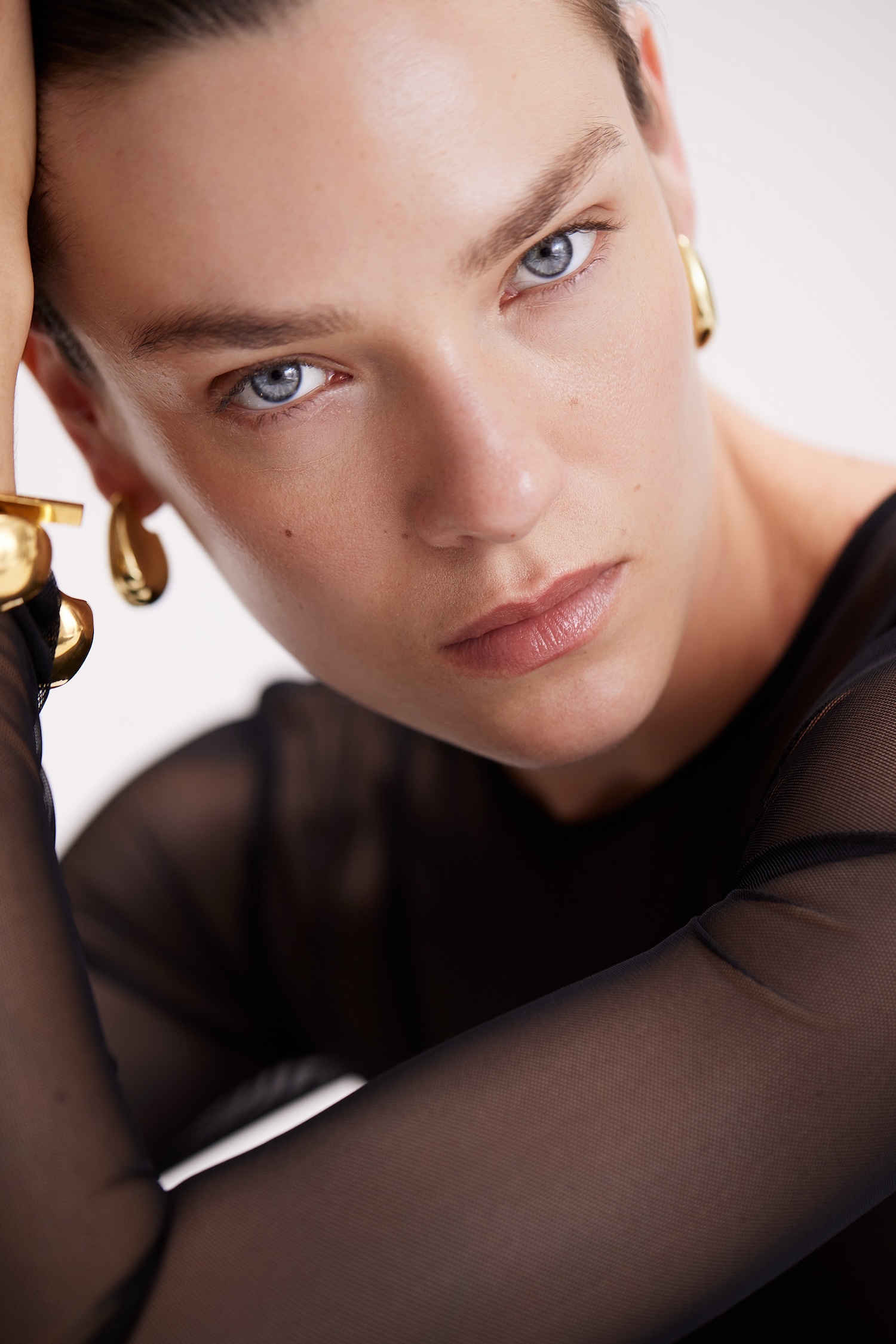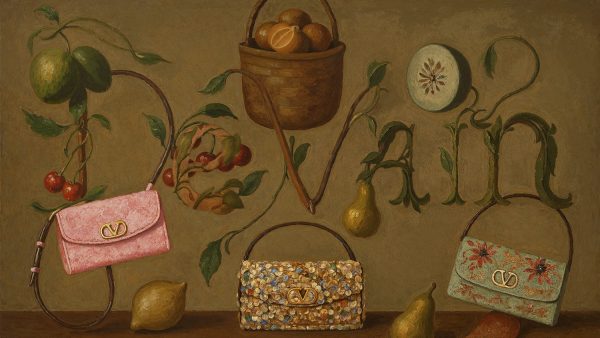Now more than ever it is integral for beauty lovers and skincare aficionados alike to embrace products that are sustainable for the environment — and Nêô Sephiri is the answer to that need. “Nêô Sephiri, which means “secret gift” in Tswana, was created with sustainability at the focus. Its founders Bernard and Olga van Vuuren created the powerful facial oil in 2020 as a response to the growing need to both embolden and empower farmers in Bernard’s native home of North West of South Africa and create a skincare formula that is both safe for the environment and works for skincare lovers.
The oil is derived from a Kalahari melon that is indigenous to the Southern African region and is fruitful in its growth, especially when compared to the crops and produce that are struggling due to climate change. With that knowledge, Bernard and Olga van Vuuren noted that the melon could be used as an oil — something that they studied and researched for 10 years in order to validate. In turn, they realized the seeds from the melon can, after being cold pressed and filtered through cotton, can create a natural oil that nourishes the skin.
To learn more about the oil and the Nêô Sephiri brand, Schön! spoke to cofounders Bernard and Olga van Vuuren to uncover more about the brand’s history, ethos, and more.
Can you tell Schön! about yourself and what led you to start your brand, “Nêô Sephiri”?
Bernard van Vuuren: We are Bernard and Olga van Vuuren. I hold a doctorate in biochemistry, with a specialist interest in immunology, and Olga’s background is in economics and business development. We founded Nêô Sephiri out of a shared interest in adaptation to climate change, particularly in the harsh Kalahari region of Southern Africa, which led to our research into the overlooked Kalahari melon. This indigenous wild melon, is the one of the only things that survives and even flourishes in times of drought, and we wanted to discover what sustains it under these harsh conditions. Our discovery of its miraculous skin-nourishing properties and high levels of antioxidant vitamin E led to the creation of our Nêô Sephiri – Pure Kalahari Melon Oil Facial Oil.
What is the ethos behind “Nêô Sephiri”?
Olga van Vuuren: Nêô Sephiri’s big-picture mission is about product authenticity, transparency and to bring as much impact to the local communities where the ingredient is sourced. We take this very seriously in everything we do – from the ingredient to the packaging (which is biodegradable and printed with vegetable ink).
This product was created with Tswana in mind with the oil being harvested and created from the melons. What was the process like creating the oil?
Bernard: Nêô Sephiri means ‘secret gift’ in the Tswana language, a nod to how this plant was overlooked for centuries, harbouring a precious gift from nature, hiding in plain sight. We harvest the melon from untouched and unpolluted land on an organic-certified farm, extracting the seeds at the same time. A portion is put aside to produce next year’s crop, and the rest of the seeds are sun-dried for a couple of weeks, which removes water, preventing the growth of microbes. The seeds are then cold-pressed and filtered through progressively finer cotton filters to produce a 100% natural, clear and golden oil. The seed crop is planted after the first rains, and the whole process unfolds all over again over the following nine months.
Bernard, you grew up in the North West region of South Africa. How did this influence the creation of the oil?
Bernard: I grew up in the North West of South Africa and remember the maize, peanuts and sunflowers growing well on my grandfather’s farm on the fringes of the Kalahari, which is a naturally arid region. When Olga and I went back in 2016, we witnessed the heart-breaking contrast from my past memories to the present, as the Kalahari had been through an extended period of extreme drought. It was clear that the changes in the local climate were too much for traditional crops, and that farmers needed to find an alternative.
The Kalahari Melon, though, was thriving. Regarded as a weed by locals and farmers, there was no commercial market for the fruit as it has a strikingly bitter taste. It was used as cattle fodder only in the driest of years. I was fascinated by the resilience this wild melon had developed to the desert’s extreme ecosystem. It locked in water by quickly shooting its roots deep into the ground. This meant no irrigation was needed, and the production process was in sync with local ecology. It made total sense to me that this native plant could be a saviour in this region: it grew in abundance, despite low rainfall.
Production and harvesting would cause the absolute minimal disruption to the natural environment, and it helped to slow desertification in the region. Then came years of investigating the scientific properties of the Kalahari melon, which led to us discovering that its seeds encapsulated a naturally powerful oil, unlike any other.

What are some of the benefits of Nêô Sephiri’s Kalahari Melon oil?
Bernard: The Kalahari melon oil is dense in nutrients, including essential fatty acids (EFA), phytosterols and, crucially, Vitamin E. It has more Vitamin E than any other plant oil – five times more than argan oil. The oil locks in moisture, rebalances natural oil levels and protects skin against pollution, while 70% essential fatty acids reinforce and repair the skin barrier at a cellular level. And, altogether, the natural components of the oil are clinically proven to slow down the appearance of fine lines and wrinkles. The vitamin E helps to stabilise the oil against oxidation, so it remains stable for longer in the bottle and on the skin. It also nourishes deeply, hydrates, and protects, while working as a natural preservative (so we don’t need to use artificial preservatives), for long-lasting skin benefits.
Olga: We made a conscious decision to keep the oil preservative- and fragrance-free, allowing this fast-absorbing and lightweight oil to supercharge skincare routines and benefit all skin tones and skin types, including mature, sensitive and acne-prone skin.
There is an environmental aspect to Nêô Sephiri — how are you ensuring that harvesting the melon for the oil doesn’t overwhelm the environment and the supply chain?
Bernard: Sustainable skincare, in the popular sense of the term, is about much more than just consumer-facing packaging. It is a nuanced, complex system involving multiple stakeholders and intricate supply chains. Our regenerative production process, which causes minimal disruption to the local ecology, is a key component of our story. We manage our own seed bank, meaning we don’t buy seeds commercially. During the production process, about 98% of the plant mass is returned to the soil, ensuring a very high return of carbon to the land, preparing it for the following year. This is a total contrast to traditional crops, where the goal is to extract as much mass, and therefore nutrients, from the earth as possible.

You both hope to give back to the communities in Southern Africa; what are some ways and initiatives that you are focusing on right now?
Olga: The discovery of value in the crop was truly exciting – on the one hand, the plant was incredibly familiar to farmers, but unfortunately it was seen as something to be ‘managed out’ of agriculture. Then the realisation that the seeds of the plant have incredible potential has resulted in the creation of a brand new, local industry in a region where traditional crops struggle against the backdrop of the changing climate.
Bernard: Cultivation of the Kalahari melons is helping to secure livelihoods in these remote, job-poor communities. The hope is that as the market for the ingredient grows, it will provide local communities with better-paid and higher-quality opportunities as we add value to the supply chain. It’s exciting! It’s a brand new market from something that’s been there all along!
What do you hope people feel after using the oil?
Olga: Our customers tell us that their skin feels beautifully moisturised, soothed and comforted, and it gives the complexion a natural glow. By improving skin microcirculation, the 100% pure Kalahari Melon Facial Oil also helps to boost overall skin health and visibly reduce the appearance of inflammation, fine lines and wrinkles as it helps to regenerate and restructure the skin. For me, the oil feels almost velvety – absorbing into my skin very quickly, providing an instant boost of hydration. The light natural scent transcends me to the remarkable Kalahari desert.
Lastly, how do you see Nêô Sephiri growing and evolving in the future?
Bernard: The more awareness there is about the incredible properties of Kalahari melon oil, the greater the future impact in our region. As consumers care increasingly about the origins of their products and the sustainability of the ingredients, they are choosing to support brands that focus on adding value to local communities on the ground (as opposed to that value-add being created at the consumer facing level).
This means that success is not only measured commercially, but also in how it benefits the communities that produce the ingredient. We feel excited about the opportunity to tell the story of this wonderful ingredient through a brand like Nêô Sephiri, which prioritises making that local impact; our ultimate goal being to bring as much of the value chain, as close to the site of production, as possible.
Learn more about Nêô Sephiri by visiting their website and Instagram.
photography. Paul Perelka, ReWild Africa + Olga van Vuuren
creative direction. Mia Brichall
production. ReWild Africa, Bernard + Olga van Vuuren





























































